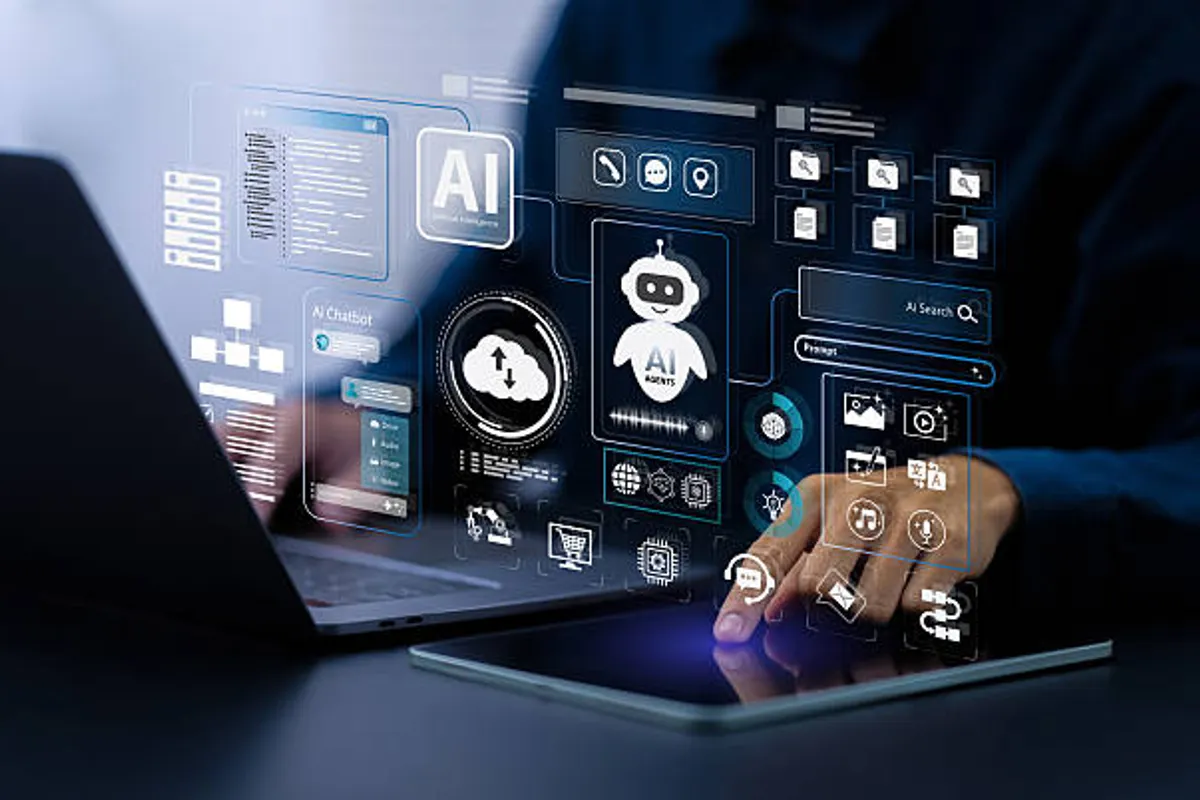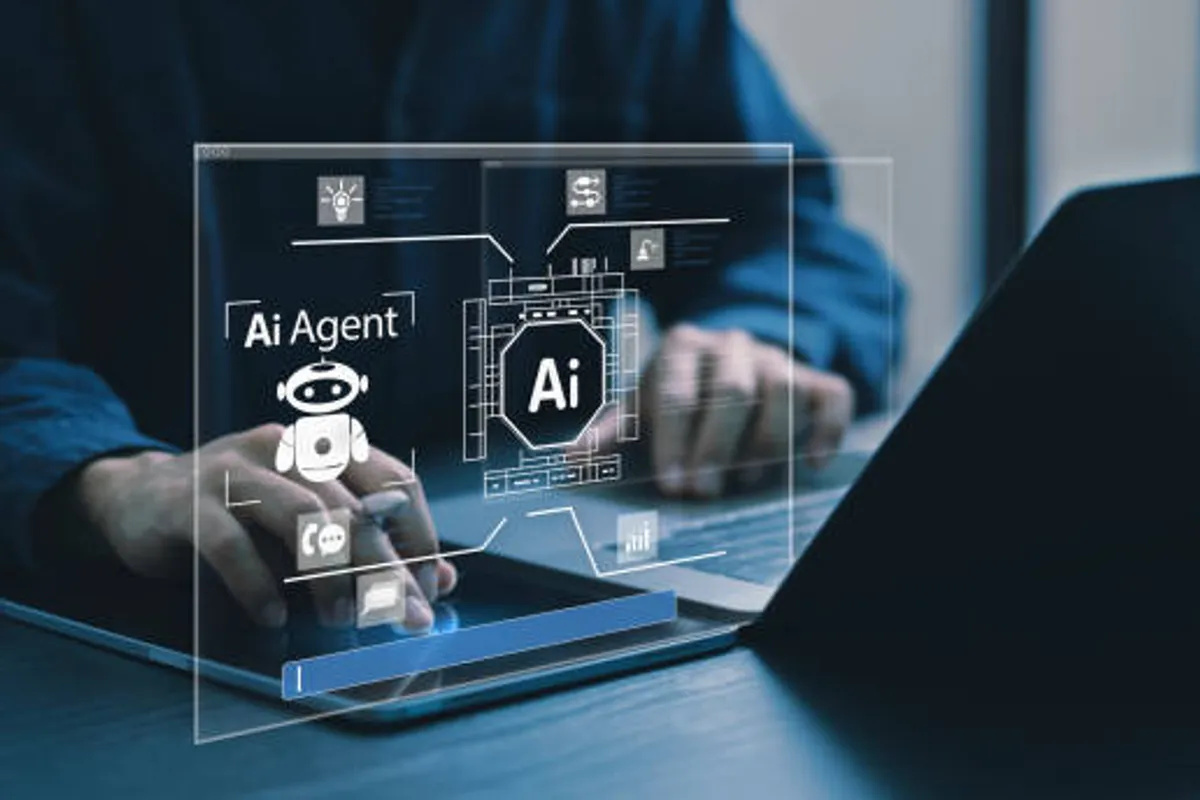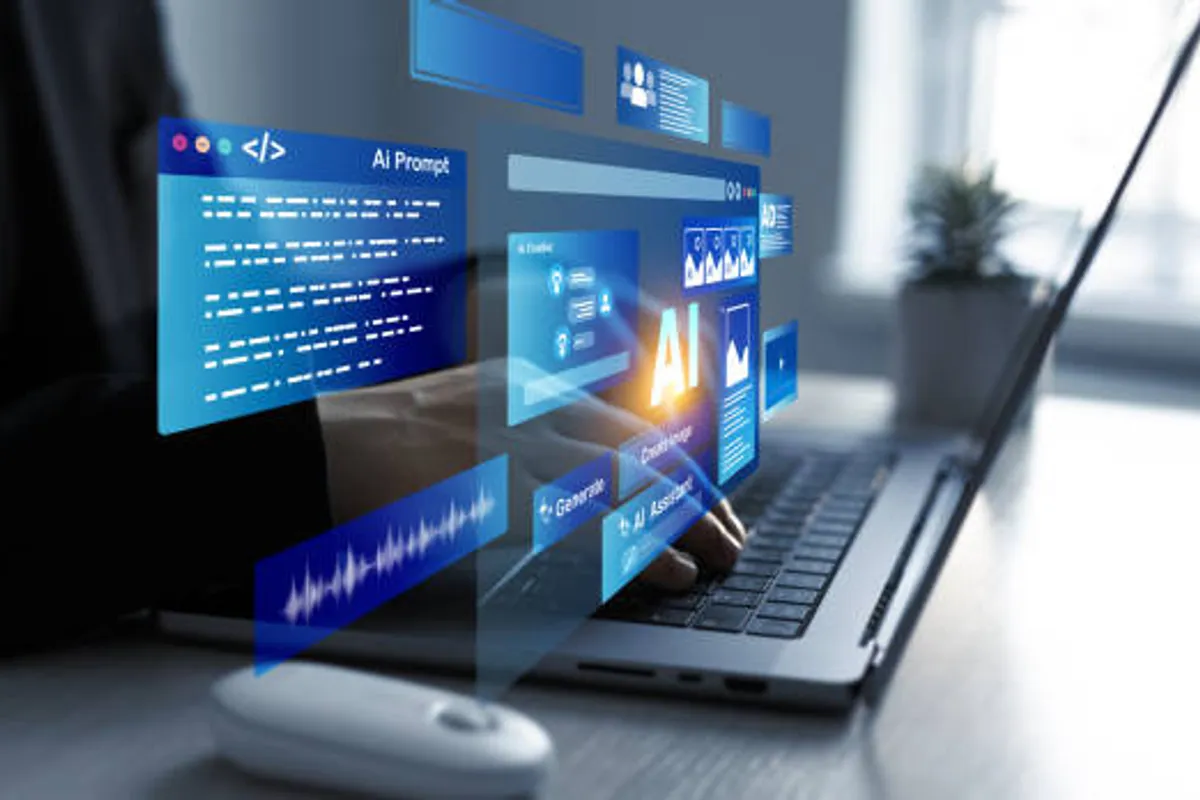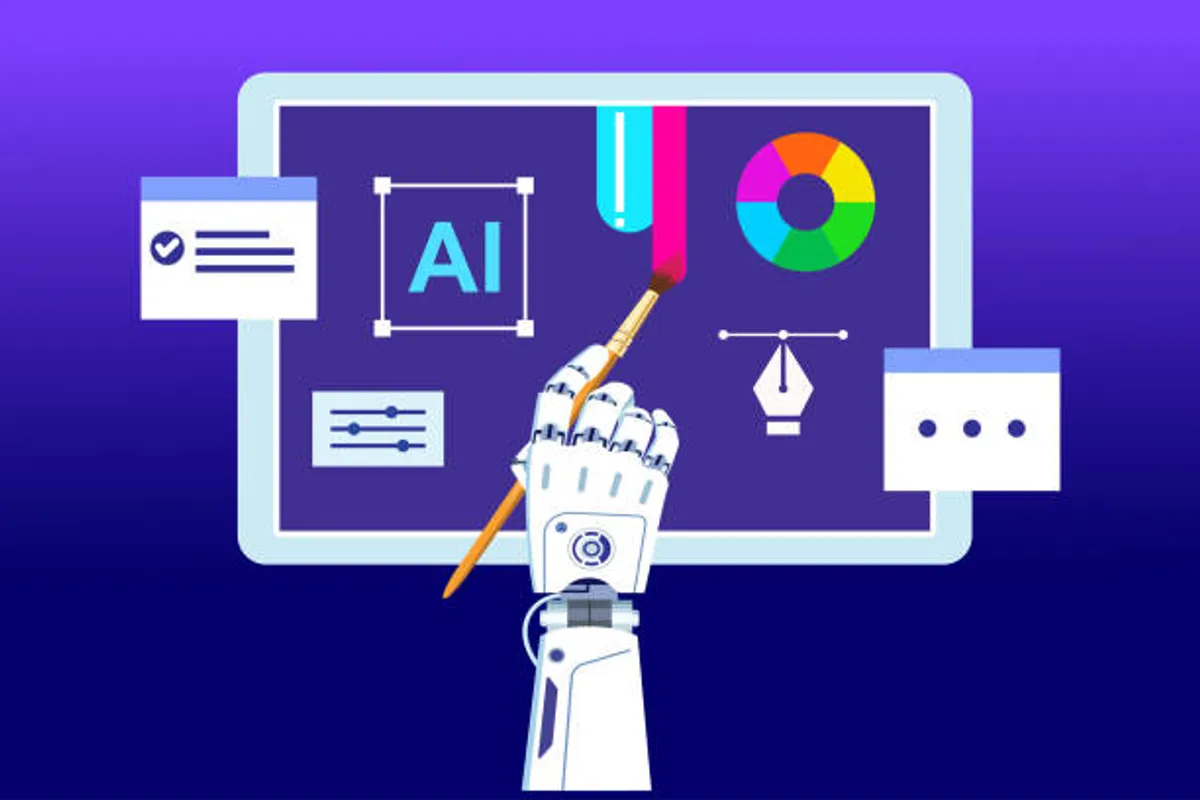How AI Is Changing the Job Market: What You Need to Know

GeokHub
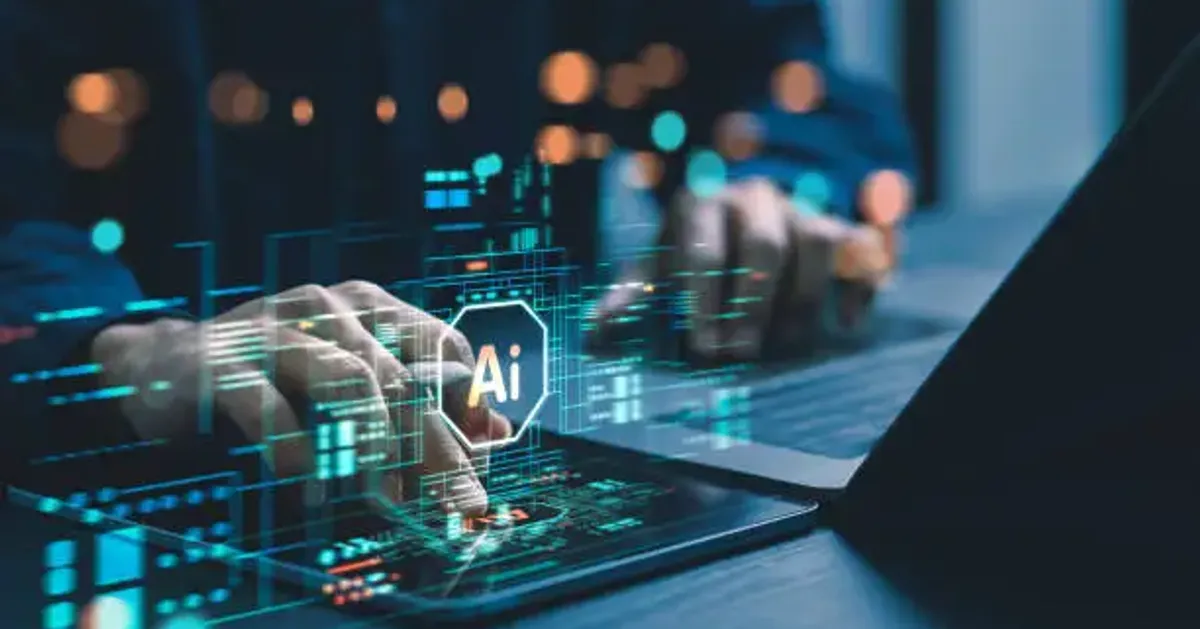
The rapid rise of artificial intelligence is reshaping the global job market, with industries adapting to automation at a pace that experts say could leave millions unprepared.
From customer service to finance, manufacturing to healthcare, AI technologies are streamlining operations — but also displacing jobs and redefining required skill sets.
Roles at Risk
A growing number of entry-level and repetitive roles are now being handled by AI-powered systems, including:
- Data entry clerks
- Call center operators
- Retail cashiers
- Basic legal assistants
- Logistics coordinators
Automation tools and AI agents are reducing the need for human labor in these functions, especially in large corporations seeking cost savings.
Emerging Opportunities
At the same time, AI is creating new job categories, including:
- AI ethics specialists
- Prompt engineers
- Data annotators
- Machine learning operations (MLOps) roles
- Human-AI interaction designers
Many of these roles require hybrid skills—technical literacy combined with industry-specific knowledge.
Expert Outlook
According to a recent report from the World Economic Forum, up to 44% of global workers will need some level of reskilling by 2027 due to AI and automation. The report also forecasts that while 83 million jobs may be lost, around 69 million new roles will emerge, particularly in tech, green energy, and education.
“We’re not seeing the end of work. We’re seeing the end of work as we know it,” said Dr. Lena Arkwright, a labor economist at MIT. “The challenge is not AI — it’s the speed of adaptation.”
Governments and Companies Respond
In response to growing pressure, governments and tech companies are investing in:
- National retraining initiatives
- Digital literacy campaigns
- Partnerships with universities and online platforms
- Legislation around AI transparency and ethical use in hiring
Major firms like Microsoft, Google, and IBM have launched “AI for Jobs” programs to support displaced workers through free certification courses and career transitions.
Experts agree that the impact of AI on the job market is unavoidable — but whether it becomes a net positive or negative depends largely on how fast society can upskill the current workforce, support those most affected, and implement responsible AI governance.
